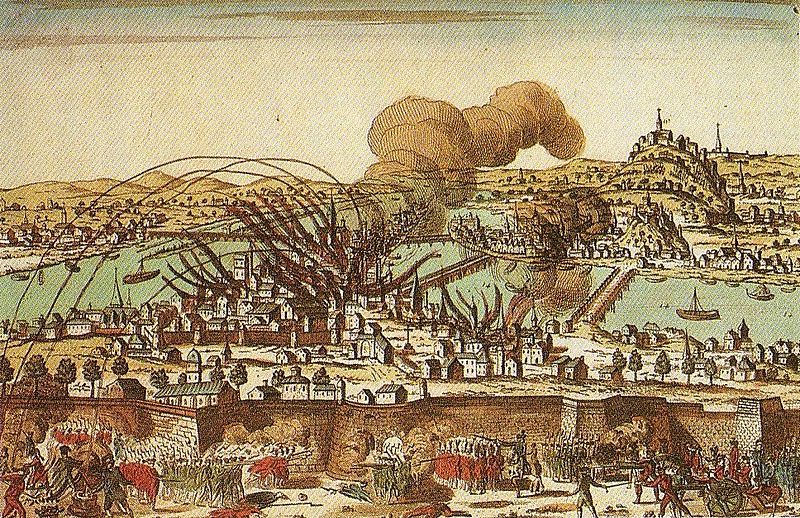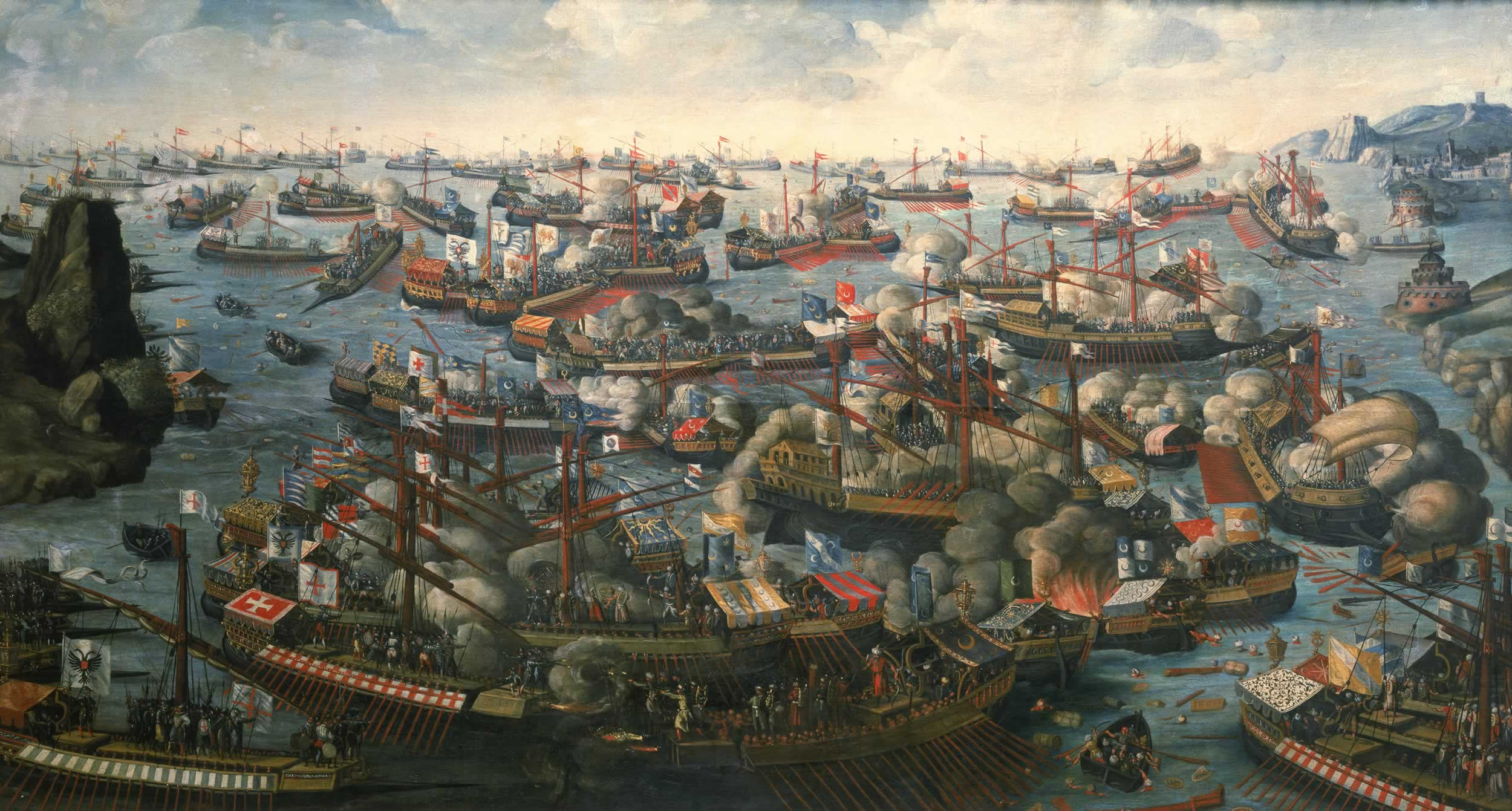
In Syria, a “lost generation” of children left dead, scarred, or uneducated by a war many themselves fight in. This Los Angeles Times articles includes an aside about “the sense of entitlement of many rebels, who demand immediate service and priority”; this allusion perhaps reflects recent findings suggesting divides between rebel combatants and civilian populations.
Yezid Sayigh has an informing series on the state of the Syrian war, which points to infighting within the broad away of anti-regime forces. Sayigh also writes that the supporters of the Salafi Islamist outlook of many rebel groups “consists overwhelmingly of conservative rural and urbanized rural migrant populations in the poverty belts around Syrian cities who have been the foot soldiers of the conflict and suffered most of the casualties.” The whole series is worth a read.
Also citing Sayigh, if Assad wins the war, will he then face challenges from his own supporters? (Via Matthew Barber.)
While the Assad regime missed another deadline in the agreement to turn over its chemical weapons stockpile — reportedly because it is using the process as leverage — it has still given up the large majority of this arsenal, though not dual-use chlorine. What does that mean for the war? (Via Lobe Log; also note that the NPR piece is dated from prior to the missed deadline.) Also worth considering: do the nosediving relations between Russia and the West mean that any further agreements to limit the killing are just not going to happen?
The Assad regime, which is now “heavily dependent on outside assistance and unable to reclaim large sections of the country,” focuses on a strategy of starving, bombing, gassing, and otherwise tormenting Syrians living outside of its control. (Via Laura Rozen.)
The Washington Post quotes a man in eastern Ukraine who explains that his neighbors have become enemies of the rest of Ukraine, and is excited by the prospect of his town being annexed by Russia.
As of Wednesday, the seizure of German and other European hostages by pro-Russian forces in eastern Ukraine raises questions about whether it will prompt a harsher response by Berlin to the crisis. Additionally, a review of some of the senior Russian officials targeted this week by US sanctions.
New estimates suggest that 10,000 people have been killed in the last four months of violent unrest in South Sudan, and there are serious worries about conflict-fueled hunger in the future.
Via Kelsey D. Atherton, learning how to hate the other in Central African Republic.
The long-term effects of the CIA’s vaccination campaign ruse in the hunt for Osama bin Laden on polio vaccination efforts in Pakistan appears dire. Thought the challenges facing the effort to eradicate polio are not entirely due to the CIA’s actions — it’s worth noting that the two other countries where the disease has never been eradicated are also beset by internal conflict — with their perceived neutrality gone, health workers become targets.
In Sderot, Israel, artists turn bomb shelters into artwork.








0 comments